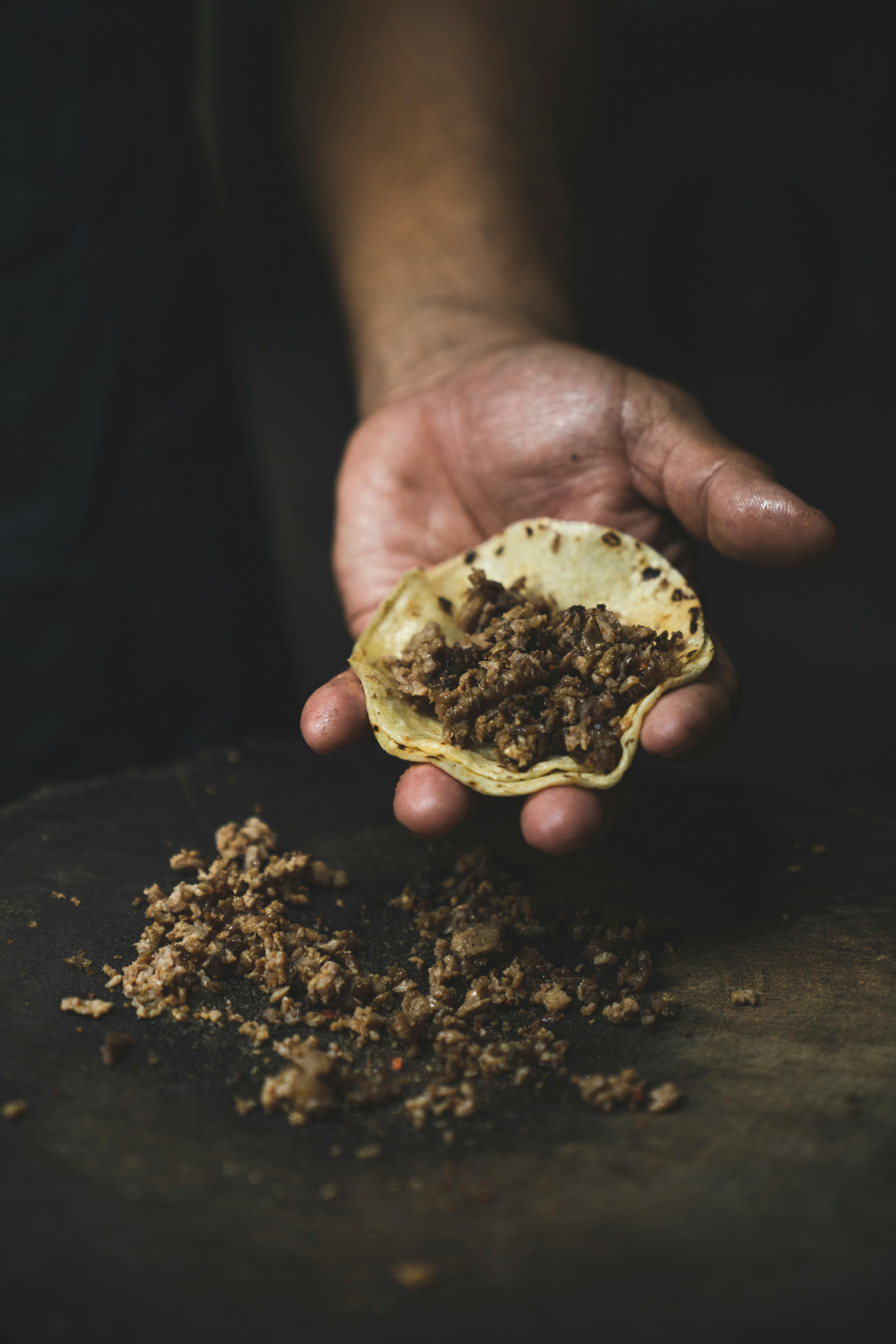Is Miso Soup Keto-Friendly? Understanding the Basics
Miso soup is often a staple in Japanese cuisine, celebrated not only for its unique flavor but also for its health benefits. However, with the rising popularity of the ketogenic diet, many are curious about whether this traditional dish can fit into their keto meal plans. In 2025, it's essential to explore the ingredients and nutritional content of miso soup to determine its compatibility with a low-carb lifestyle. This article will dive into essential components of miso soup, provide tips for making it keto-friendly, and discuss how it can be part of a healthy eating plan.
As we explore the relationship between miso soup and keto, you'll discover valuable information about its ingredients, health benefits, and variations. By gaining insights into the makings of a keto miso soup recipe, you'll be better equipped to enjoy this savory dish while adhering to your dietary goals.
Key takeaways include understanding miso soup's basic components, identifying low-carb options, and learning how to prepare healthy versions that are compliant with keto principles. Let’s start by taking a closer look at the key ingredients of miso soup.
Traditional Miso Soup Ingredients: Unpacking the Components
A foundational element of any dish is its ingredients. Traditional miso soup typically incorporates miso paste, seaweed (often wakame), tofu, and green onions, with broth made from dashi or water. However, when considering miso soup keto options, it's important to analyze each component's carb content.
Understanding Miso Paste Carb Content
Miso paste is made from fermented soybeans, which contributes to its unique flavor and nutritional profile. It is essential to note that although miso paste is nutrient-dense, it does contain carbohydrates. Approximately one tablespoon of miso paste has around 3-4 grams of carbohydrates. When following a strictly low-carb diet, these numbers can add up, so portion control becomes critical.
Choosing a lower-carb miso variety, such as white or yellow miso, can be beneficial, as they often have a lower sugar content compared to darker, aged miso pastes. Always check the nutritional labeling to make informedchoices about the types of miso you include in your keto miso soup recipes.
Low-Carb Alternatives to Traditional Ingredients
To make miso soup more suitable for a keto diet, consider swapping out certain ingredients for lower-carb alternatives. For instance, instead of using traditional silken tofu, you might explore using a firmer or even vegan protein-rich option like edamame. Additionally, enhancing your soup with low-carb vegetables like spinach, zucchini, or mushrooms can also create a heartier version without significantly increasing carb counts.
Healthy fats like coconut milk can be added for creaminess, ensuring your meal remains satisfying while staying within keto macros.
Benefits of Adding Tofu to Miso Soup
Tofu serves as a fantastic source of plant-based protein and is rich in essential amino acids. By incorporating tofu into your miso soup, you not only enhance the protein content but also create a more filling meal, which can be beneficial for those looking to lose weight or maintain a balanced diet.
Beware that while tofu is lower in carbs than grains or noodles, it still has calories, so moderation is essential when preparing your keto version of miso soup.
Health Benefits of Miso Soup: Nutritional Insights
Miso soup is renowned for its various health benefits, making it a worthy addition to many diets. Understanding these benefits helps highlight why this dish is often favored in Japanese culinary traditions.
Probiotic Properties of Miso
Miso is fermented, which contributes to its probiotic content. Probiotics are advantageous for gut health, supporting digestion and enhancing the immune system. Incorporating miso into your diet, particularly if you're choosing healthy miso soup options, can promote better overall health.
Research indicates that a healthy gut microbiome plays a significant role in weight management and metabolic health, which is crucial for anyone on a keto diet.
Nutritional Profile Breakdown of Miso Soup
A typical bowl of miso soup is low in calories yet provides essential nutrients. It contains vitamins like Vitamin K, protein content from the tofu, and various minerals that contribute to maintaining overall health. Depending on how you prepare your soup, you can ensure it remains low in calories while maximizing nutritional content by adding vegetables and premium broth.
Pay attention to serving sizes to keep your calorie and carb intake in check, making tracking easier when you incorporate miso soup into your ketogenic meal prep.
Enhancing Miso Soup for Weight Loss
With the increasing interest in healthy eating, miso soup can be seen as a weight-loss-friendly option. The combination of protein, fiber, and low-calorie content makes it a satisfying dish that can help curb cravings and reduce overall food intake.
Additionally, its umami flavor profile can reduce the need for added salts or sugars, keeping satisfaction levels high while sticking to your dietary restrictions.
How to Make Keto Miso Soup: Easy and Quick Recipes
Creating a satisfying keto miso soup doesn’t have to be complicated. With just a few key ingredients and steps, you can whip up a delicious bowl of miso soup that adheres to keto principles.
Step-by-Step Process for Easy Miso Soup
Begin by boiling water or a low-sodium veggie broth as your soup base. Add a tablespoon of miso paste per cup of liquid and stir until dissolved.
For a protein boost, include cubed tofu and any low-carb vegetables you desire. Let it simmer gently to enhance flavors while ensuring the nutritional benefits of the ingredients are preserved.
Finish with a garnish of chopped green onions or sesame seeds for added flavor and texture.
Quick Cooking Miso Soup Variations
If you're pressed for time, consider using pre-made dashi broth as a base. Simply mix your chosen miso paste into the hot broth, add instant seaweed, and tofu for a speedy meal. This quick cooking method allows for a speedy meal that doesn't sacrifice flavor or nutritional value.
Miso Soup Meal Prep: Making Ahead
For those leading a busy lifestyle, preparing miso soup in advance can be a game-changer. By cooking a larger batch and storing it in the fridge or freezer, you can easily reheat portions for a quick and healthy dinner option. Just be sure to keep the tofu added on reheating rather than in the initial batch, as it may become rubbery when reheated several times.
Nutritional Analysis of Miso Soup: Macronutrients and Calories
Analyzing the nutritional content of your miso soup can help you stay aligned with your dietary goals. The primary macronutrients you'll be tracking in your keto miso soup recipe will be proteins, fats, and carbohydrates.
Miso Soup Macronutrients Breakdown
A basic miso soup typically contains:
- Calories: 40-60 per serving (based on ingredients)
- Protein: 3-8 grams depending on the amount of tofu and other protein sources added
- Fat: Low, around 1 grams (with added healthy fats if desired)
- Carbohydrates: 3-4 grams primarily from the miso paste and any added vegetables
This combination ensures that you can still enjoy flavorful food while meeting your macro targets on a ketogenic meal plan.
Comparing Miso Soup with Other Soups on Keto
When considering various soup options for a keto diet, miso soup often stands out due to its unique taste and health properties. For instance, while some creamy soups may be higher in fat, they can also have higher carb contents that do not align well with keto principles. In contrast, miso soup offers a balanced profile that contains lower carbs while still satisfying the taste buds.
Q&A: Common Questions About Miso Soup on Keto
Can you have miso soup on keto?
Yes, miso soup can be consumption-friendly on a keto diet if you monitor the miso paste quantity and choose low-carb ingredients.
Is miso soup good for keto?
Absolutely! When prepared correctly, miso soup is low in carbs and provides beneficial nutrients, making it suitable for a ketogenic lifestyle.
What are miso soup variations for keto?
Consider adding low-carb vegetables like spinach, swapping miso for alternative bases, or even including different proteins to maintain texture and flavor while complying with keto.


